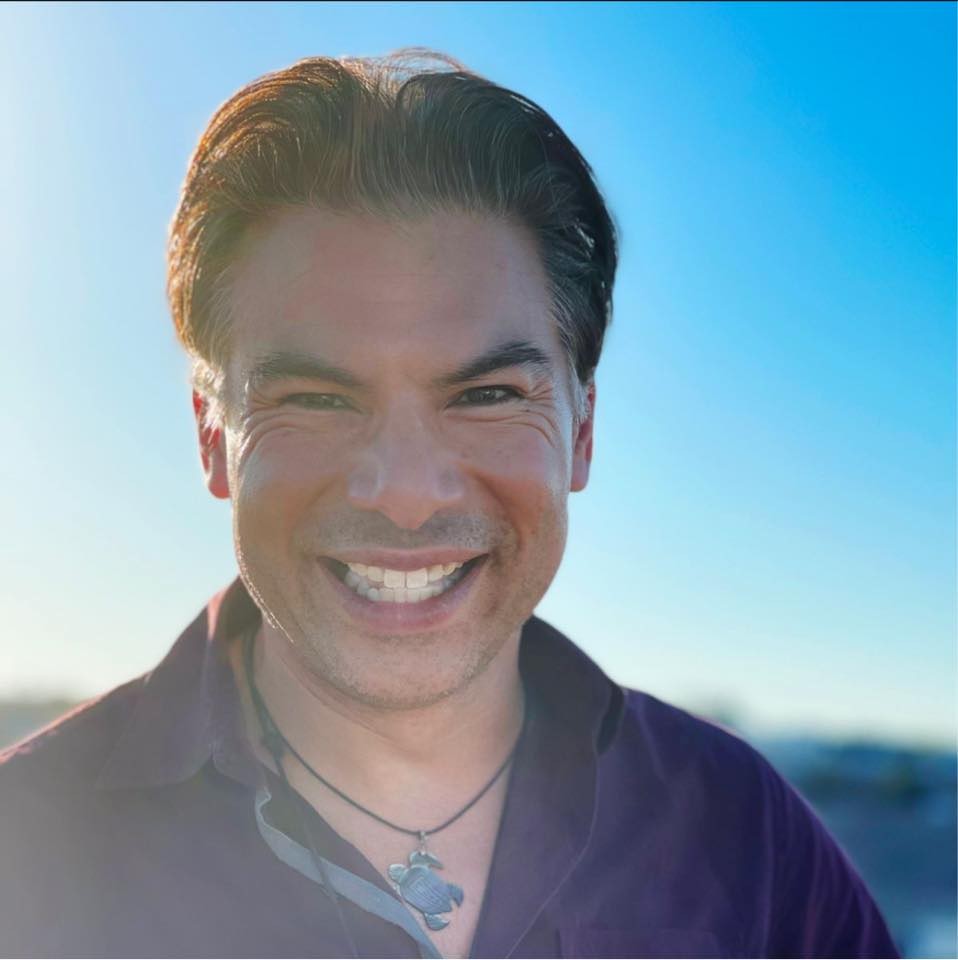We’re excited to introduce you to the always interesting and insightful Jon Block. We hope you’ll enjoy our conversation with Jon below.
Jon , thanks for taking the time to share your stories with us today What’s the best advice you ever gave to a client? How did they benefit / what was the result?
When I was training my clients with their public speaking, one of the best pieces of advice I gave was to tell them to trust that the audience was pulling for them. The audience wanted them to be good. My clients had a fear of being judged, or having the modern equivalent of rotten tomatoes being thrown at them. The point was that the audience wanted them to be good, the same way if you went to a restaurant or a movie, you wanted it to be good. It was that simple switch that allowed my clients to see they were in partnership with the audience. They could relax. Have fun. And shine.
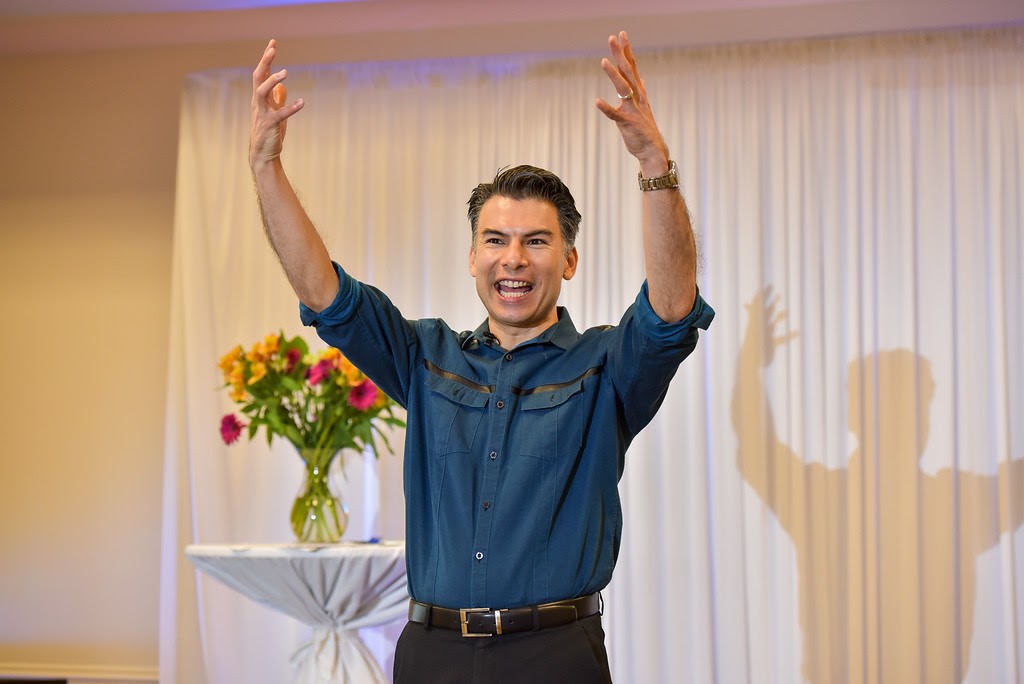
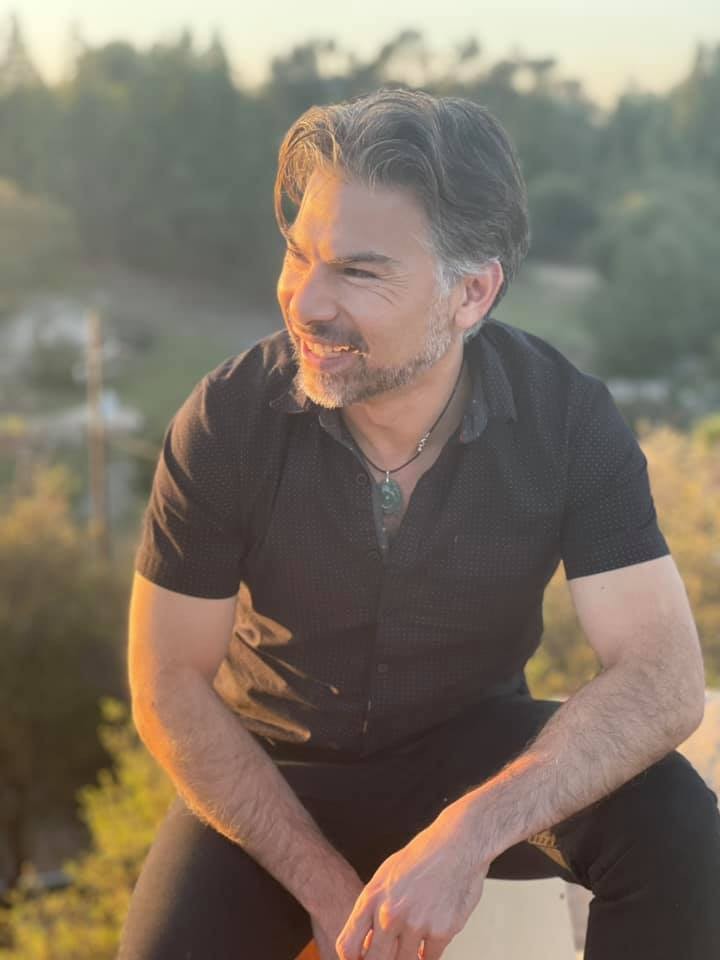
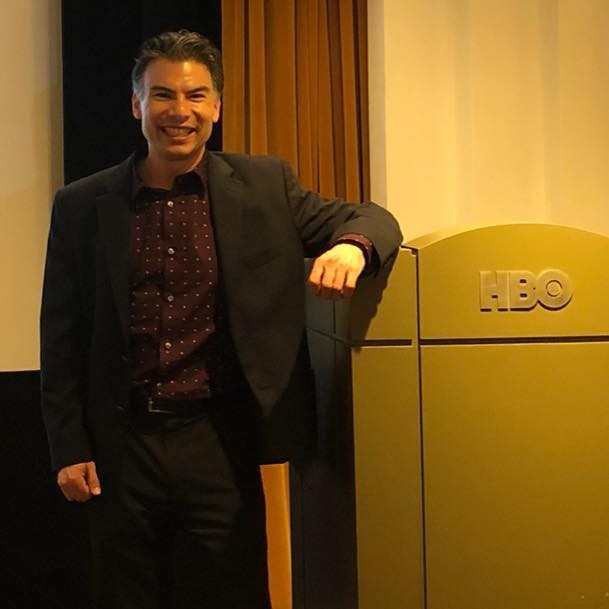
Jon , before we move on to more of these sorts of questions, can you take some time to bring our readers up to speed on you and what you do?
Jon Block is the founder of “How to Be a Masterful Communicator.” Jon has spoken on 500+ stages about communication, including sub-topics of public speaking, sales, networking, team management. Participants have hailed his Jon was the founder of Speaker Venture, a multiple 6-figure seminar company that trained spiritual business owners to master their on-stage presentations from the inside-out. He has spoken across the country on 500+ stages, and was named 1 of the Top 20 Conscious Entrepreneurs of the year.
Any advice for growing your clientele? What’s been most effective for you?
The most effective strategy to grow your service-based business is public speaking. This is in cases where your client interaction is you directly speaking to them, i.e. being a health advisor or lawyer versus being a plumber or mechanic. If your business depends on trust and credibility, beyond the technical know-how, public speaking will set you apart. It will position you as an expert and create personal connection far greater than anything else.
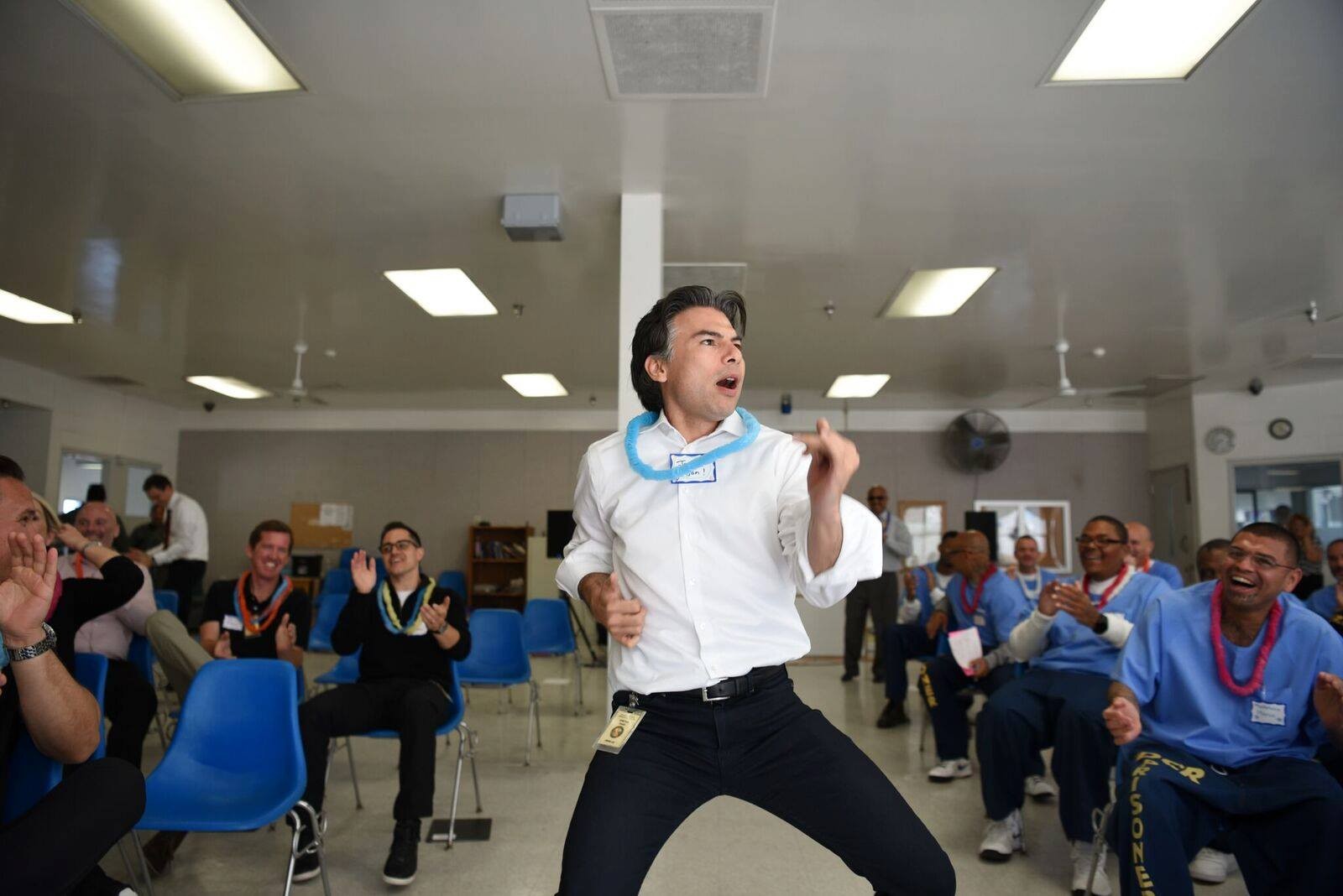
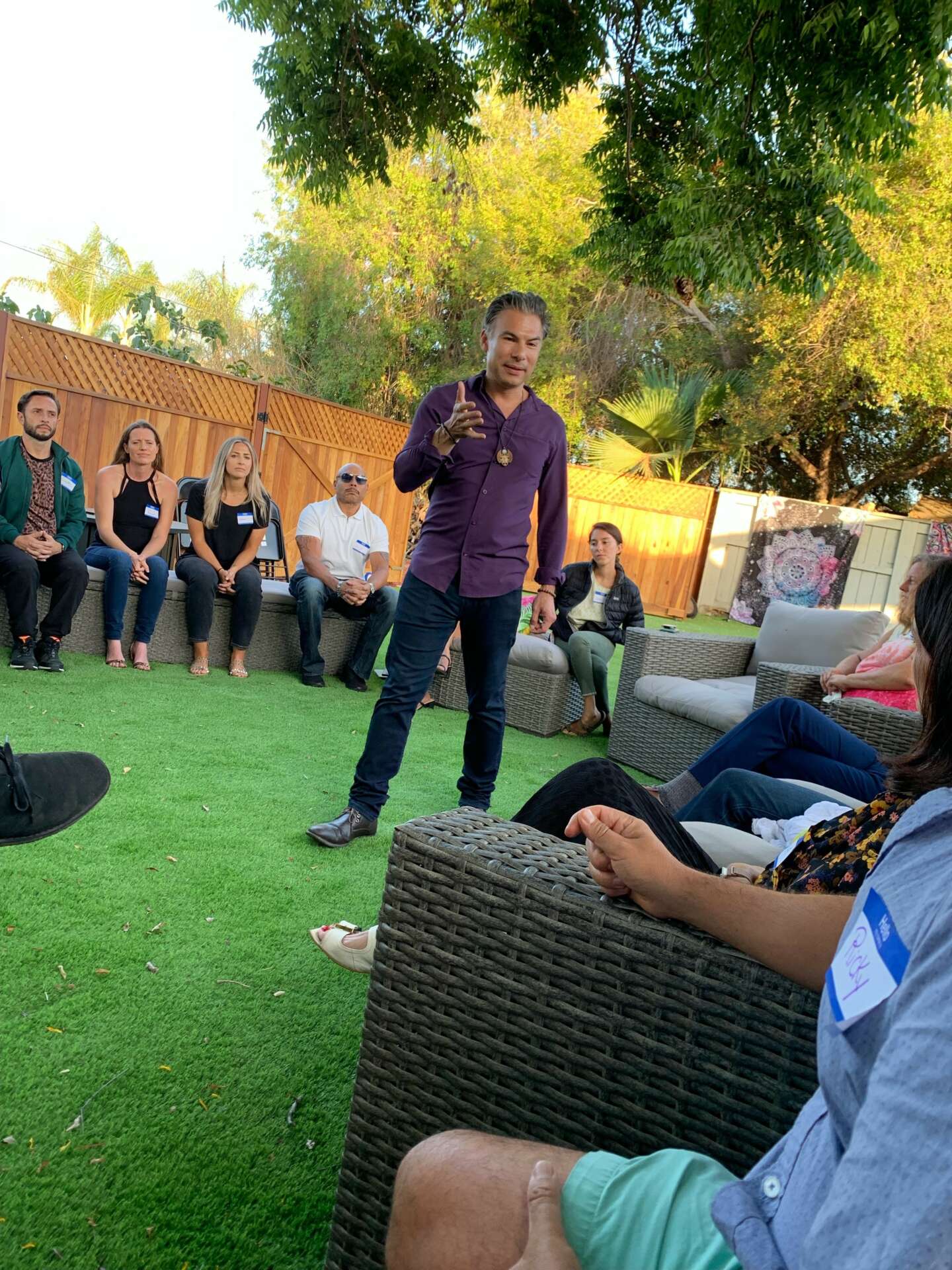
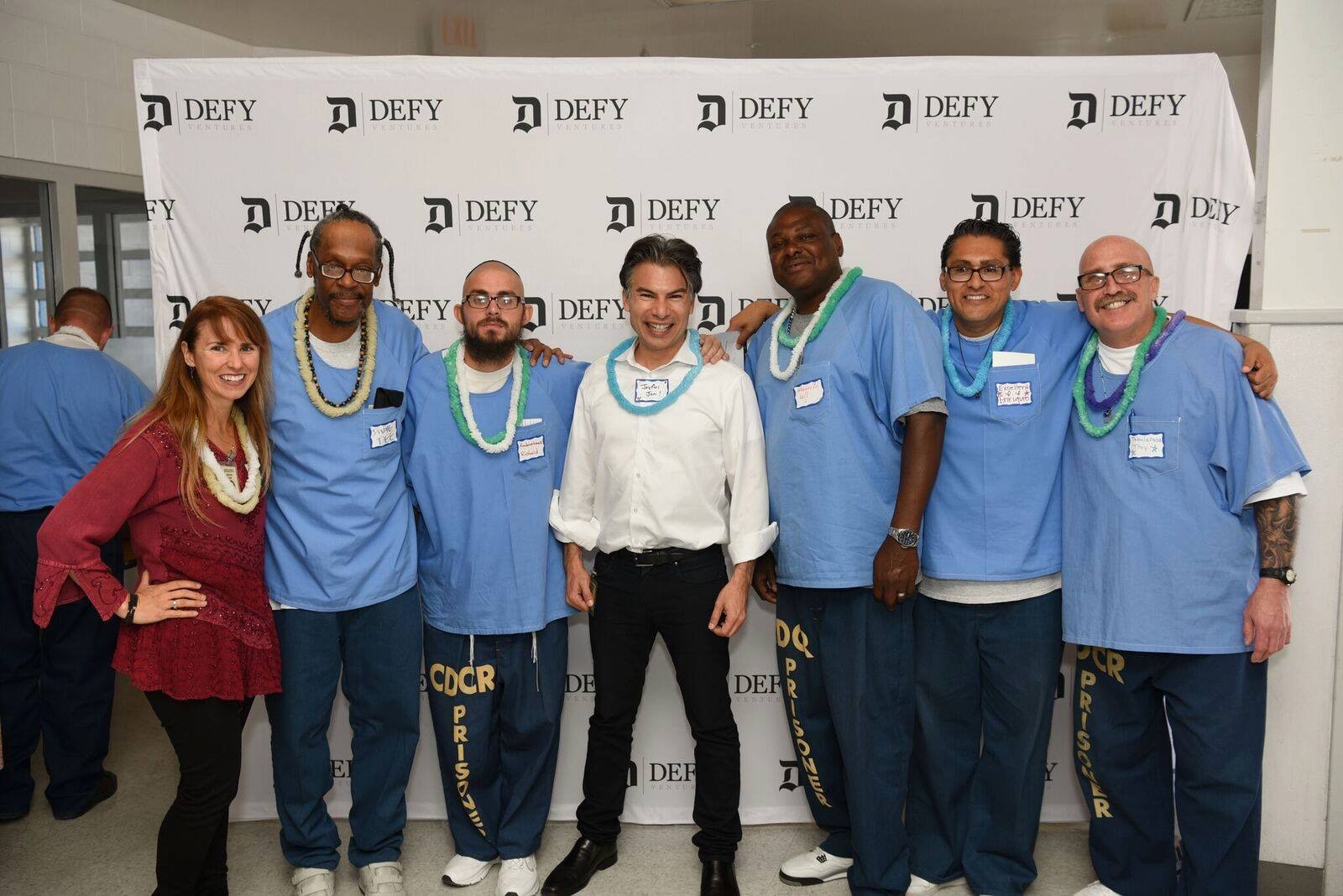
How do you keep your team’s morale high?
It’s important that there is a sense of moving towards a higher noble objective. We can use war as an illustration: in World War II, U.S. troops had the noble objective of defeating Hitler and ending tyranny, as well as avenging Pearl Harbor against the Japanese. These were noble objectives that unified the U.S. team to overcome huge obstacles. 25 years later, the U.S. was again at war – this time in Vietnam. And the U.S. troops started to wonder, “What are we doing over here?” There was no noble objective, which is why protesters took to the streets and college campuses. And that’s a major reason, the U.S. lost the Vietnam War, even though the enemy in that case had much fewer resources than the Axis powers of WWII.
So every organization has to maintain a noble objective. It cannot be money-driven. That’s tied to survival and beyond that, it’s tied to ego. Once survival needs are met, which is true of anybody who has a job that pays at least minimum wage, there has to be a noble objective beyond the money. It has to make lives better on the planet.
It can be very easy to lose sight of this, amidst the daily stresses of work. Communicating the “why” behind what we do is essential among team members.
Another important aspect is that every person’s voice is heard. I believe strongly in a leadership hierarchy, and it cannot be too rigid so that other people don’t feel like there’s room to make mistakes, or to voice their dissent. It has to be a culture of healthy conflict, where everyone is committed to the noble objective, and the fun becomes navigating how to get there.
Contact Info:
- Website: www.MasterfulCommunicator.net
- Instagram: @MasterfulCommunicator
- Facebook: www.facebook.com/jbcreations
- Linkedin: linkedin.com/in/jon-block-60b417245
- Youtube: https://www.youtube.com/channel/UCdsAWkmoOw7fGvnkkrcYHmw


